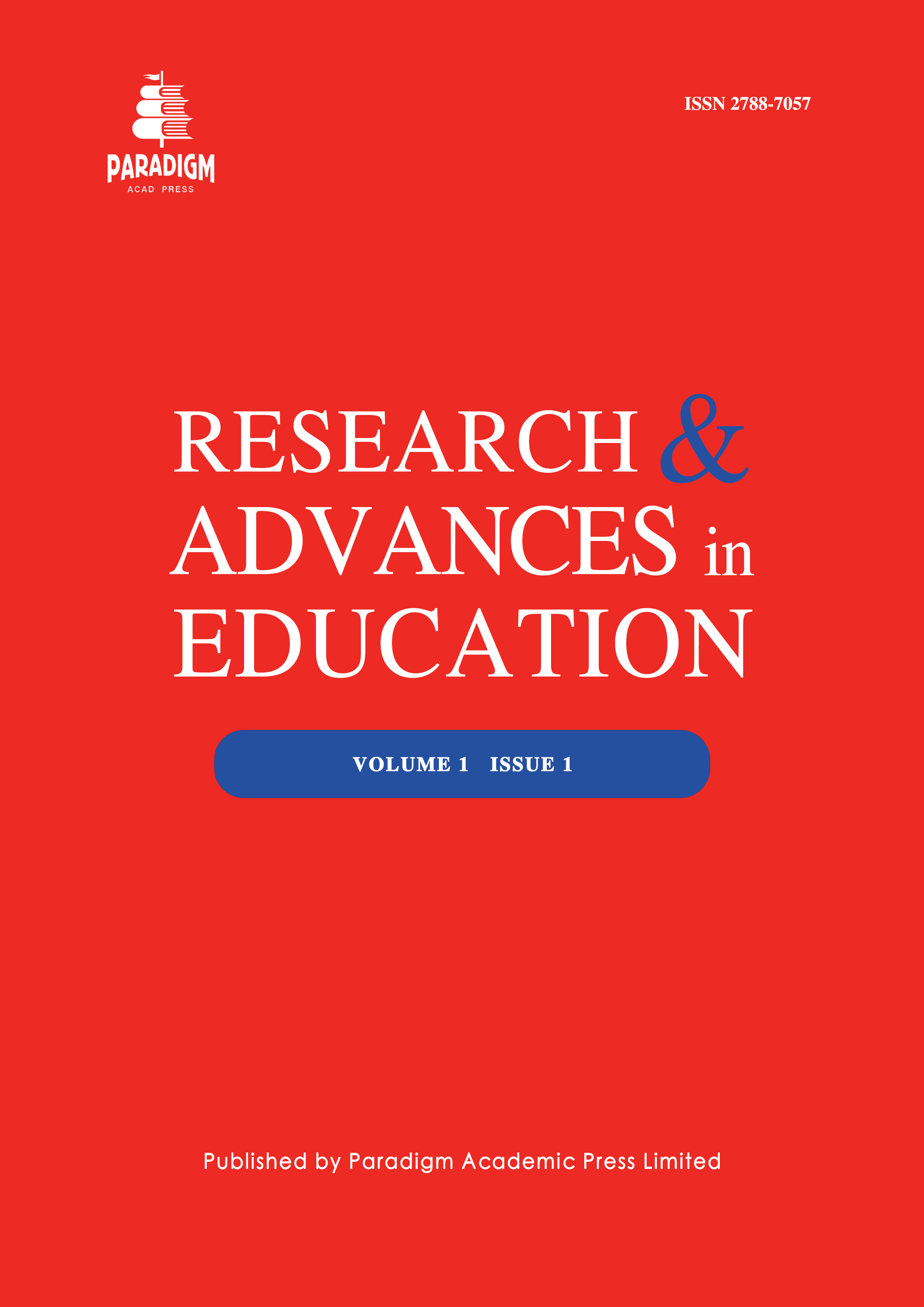Personalized Design of Student Autonomy in STEM Curriculum
Keywords:
STEM education, personalized design, student autonomy, project-based learning, educational goalsAbstract
This paper explores the implementation of personalized design approaches to enhance student autonomy in STEM (Science, Technology, Engineering, and Mathematics) education. The current state of STEM curriculum in China is examined, highlighting existing challenges in its implementation. The role of autonomy in learning is discussed, emphasizing its definition, importance, and its correlation with effective STEM learning. The paper then delves into personalized design approaches, including the customization of learning paths, integration of real-world applications, utilization of educational technology, and the adoption of project-based learning. Barriers to implementing personalized design are identified, encompassing teacher training, resource challenges, and cultural considerations. The advantages and implications of personalized design are discussed, focusing on improved student engagement, performance, and alignment with educational goals. The paper concludes by emphasizing the transformative potential of personalized design in STEM education.


